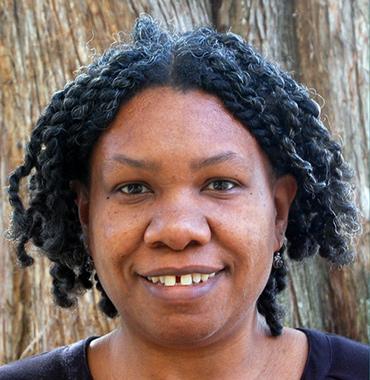
I love graduate school. I use genetics and cell biology to study the mechanisms by which cells change their shape in response to chemical cues. In any given day, I might delete a gene to learn more about its function, make time-lapse movies of growing cells, analyze patterns of protein localization, teach a new technique to an undergraduate student, discuss a paper with my advisor, or summarize data into a presentation for a departmental seminar. It’s slow and detailed work, but it’s also a good fit for my personality.
It’s also extremely hard. There are many reasons for this, but I want to highlight two. First, graduate students in the biomedical sciences encounter lots and lots of failure. Biological systems are notoriously variable, and so some experiments never work consistently. Those that do work must be repeated several times before we can be confident of a result. And, of course, sometimes we discover, after lots of time at the bench, that our hypothesis was incorrect. That’s a useful outcome, but it rarely leads to a publication, which we all need to graduate. Complicating this further, during our first few years in graduate school, most of us are surrounded by people whose skills are far more advanced than our own – experienced lab technicians, senior graduate students, postdoctoral fellows, and, of course, our own advisors. The fitful nature of progress in science, coupled with our junior status, can shatter our self-confidence and lead us to wonder if getting a Ph.D. was really a good idea after all. And the slow pace of the work (and often, the example of our mentors and lab mates) can lead us to feel that we need to be constantly at the bench.
Read complete article on the Duke Interdisciplinary Studies Blog